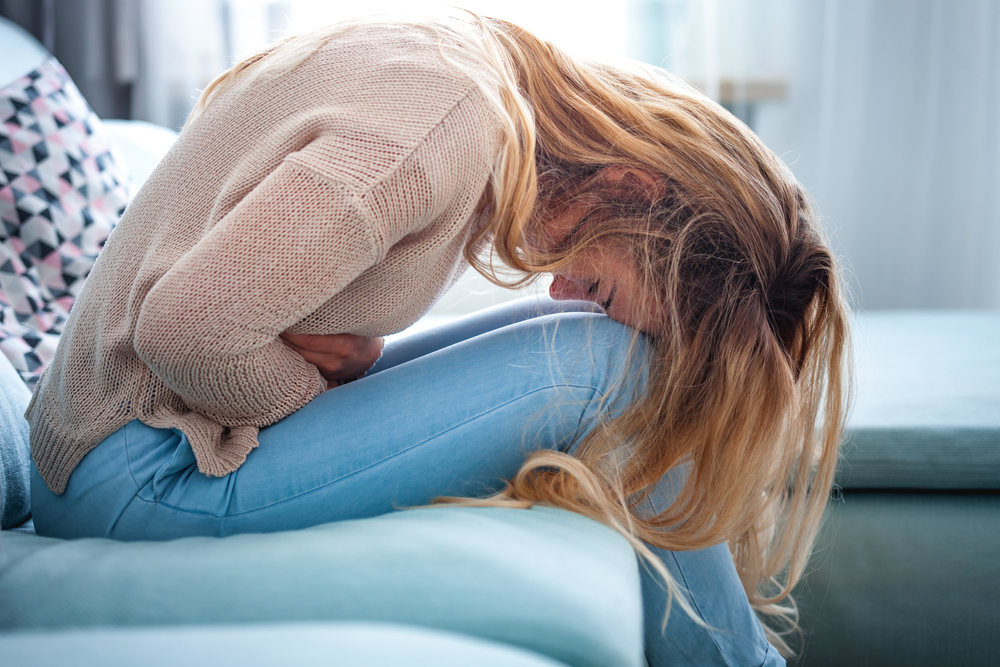Approximately 11% of American women deal with this disorder and roughly 10% worldwide yet many have no clue what Endometriosis is. Endometriosis is a disorder that happens when tissue similar to the lining of the uterus grows outside of the uterus. It can affect any girl or woman who has menstrual periods but is more common in those in their 30s and 40s. It can make it harder to become pregnant alongside several other symptoms.
Endometriosis is often found in the ovaries, fallopian tubes and outer surface of the uterus. The most common symptom is pain, but it varies amongst women including:
- Extremely painful menstrual cramps
- Long-term pain in your lower back and pelvis
- Intestinal pain
- Painful bowel movements or when urinating during your menstrual period
- “Deep” pain during or after sex
Other symptoms can be bleeding or spotting between menstrual periods as well as digestive problems which are aggravated during your period.
What frightens women most tends to be that Endometriosis can, but not always, lead to infertility. So, how can you get examined for it and what treatments are available to you? If you are experiencing symptoms talk with your doctor. They may recommend such things as:
- Pelvic Exam to search for large cysts or scars
- Imaging testing or an ultrasound to check for ovarian cysts
- Magnetic Resonance Imaging (MRI)
- Laparoscopy- a type of surgery to allow a doctor to look inside your pelvic area to see endometriotic growths
While there is no cure for Endometriosis there are treatments available. For those not trying to get pregnant, birth control is usually the first step. It will help regulate your cycle and reduce pain and bleeding. For those trying to conceive you can talk to your doctor about hormone treatments. Where medication may fail surgery is also an option for those with severe symptoms. Your surgeon will be able to locate and remove endometriosis patches.
This is something that affects millions of women many of whom don’t always have the resources and care to help them get diagnosed and treated. You are not alone. If you believe you may be dealing with symptoms of endometriosis, please contact your doctor.
For more information on health and the medical world please visit our website and blog.

